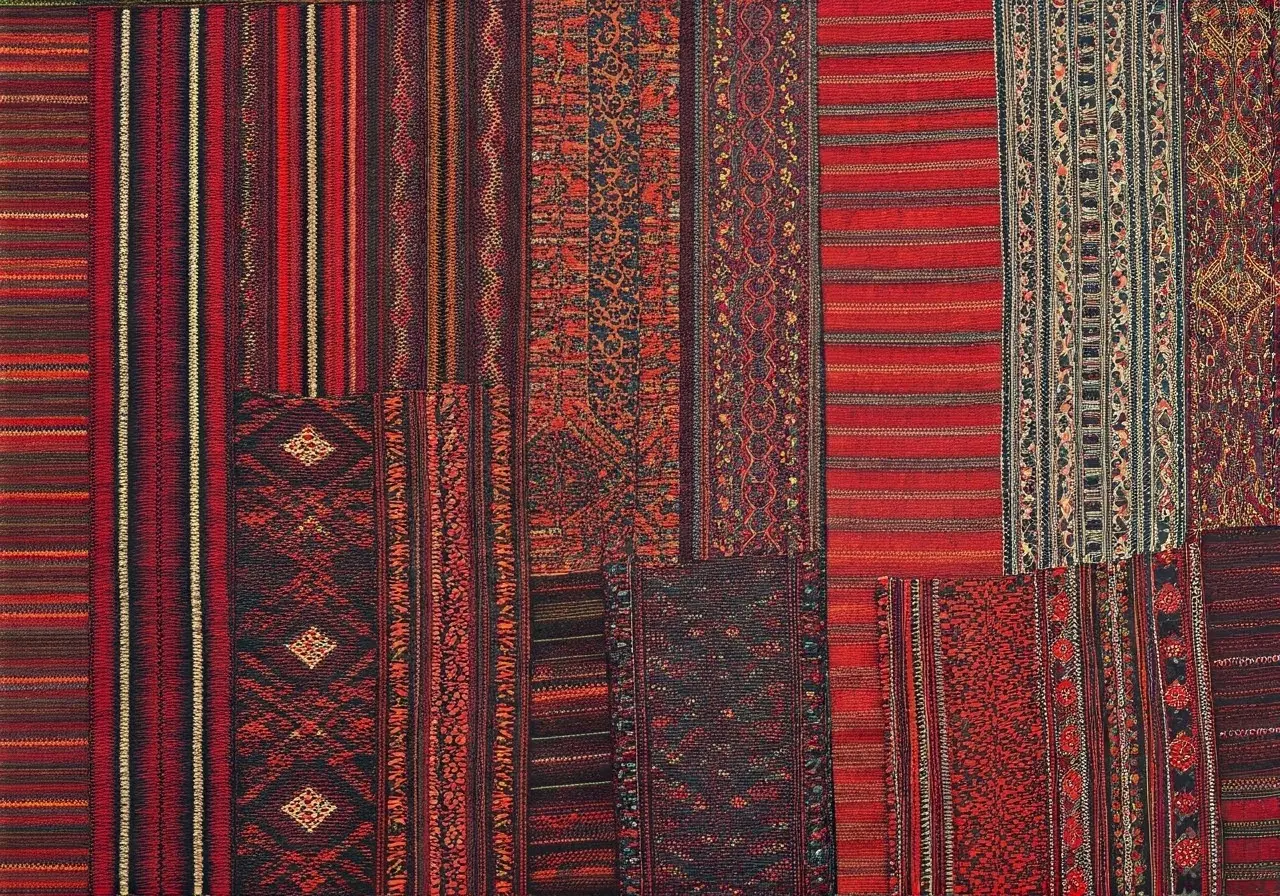In today’s globalized world, fashion serves as a powerful medium for expressing cultural identity and authenticity. As contemporary fashion designers draw inspiration from cultures worldwide, it is crucial to emphasize true cultural representation and respect.
Understanding Cultural Authenticity in Fashion
Cultural authenticity refers to the genuine representation of a culture’s traditional practices, aesthetics, and values in fashion. It’s about honoring the origin and stories behind the designs rather than merely appropriating them.
But what does it mean to genuinely represent a culture in fashion? Imagine a garment that tells a story, weaving threads of tradition, history, and identity together. This garment isn’t just about appearance; it’s a tribute to the culture it represents. Authenticity in fashion involves deep engagement with the culture, learning its materials, techniques, and symbolisms. It is the difference between borrowing a design and understanding its significance. This earnest approach can transform fashion into a medium that respects and values cultural narratives.
However, the road to achieving cultural authenticity requires effort and responsibility. Fashion designers must engage with cultural stakeholders, artisans, and communities to co-create designs that reflect their true essence. This collaborative approach not only ensures authenticity but elevates the voices of those who have traditionally been underrepresented. By grounding fashion in authentic cultural expressions, designers craft pieces that are not merely outfits but cultural embodiments.
The Impact of Cultural Misrepresentation
When fashion misrepresents or appropriates cultures, it can lead to misunderstandings and perpetuate stereotypes. This not only disrespects the portrayed culture but also diminishes the richness of its heritage.
Consider a scenario where traditional garments become trending fashion items devoid of their cultural significance. This form of misrepresentation can erase the nuances and stories embedded in these designs, transforming them into hollowed expressions. Moreover, such actions often exploit cultures for profit without acknowledging or compensating the originating community. As cultural misrepresentation becomes rampant, it risks homogenizing global fashion, making it less diverse and rich in character.
To highlight the long-term consequences, think about the perception of future generations. When cultural outfits are misused, younger people may misunderstand their significance or even come to see their own heritage as something to be commercialized rather than cherished. This can damage cultural pride and identity, creating an environment where valuable traditions and skills are lost. Therefore, actively combating cultural misrepresentation is essential for preserving cultural legacies.
Spotlight on Designers Promoting Authenticity
Many contemporary designers are leading the charge in promoting cultural authenticity. By collaborating with cultural artisans and emphasizing ethical sourcing, these designers ensure their collections are both innovative and respectful.
Designers like Aurora James and Stella McCartney have not only embraced authenticity but have turned it into a movement. They engage directly with indigenous communities to create pieces that reflect true cultural stories. This approach goes beyond superficial trends; it builds sustainable business models that support and empower traditional craftspersons. By responsibly sourcing materials and sharing profits, they ensure that cultural contributors receive fair recognition and compensation for their input.
Furthermore, showcasing cultures authentically offers designers an opportunity to educate their audiences. Whether through fashion shows, social media, or exhibitions, designers use their platforms to contextualize each piece, narrating the heritage and significance behind every design. This educational facet enriches the consumer experience, transforming fashion into a bridge of cultural exchange and appreciation.
Consumer Responsibility in Supporting Authentic Fashion
Consumers play a pivotal role in supporting cultural authenticity by being mindful of their purchases. Choosing brands that prioritize genuine cultural narratives helps promote diversity and respect in the fashion industry.
Your purchase power can either perpetuate the cycle of misrepresentation or contribute to a movement that celebrates real diversity. When buying cultural-inspired fashion, it’s crucial to do a bit of research. Ask questions such as: Does the brand respect the source culture? Are they giving back to the community? By choosing brands that answer these affirmatively, consumers can support ethical practices. This intentional buying creates demand for authentic cultural representation and encourages brands to maintain ethical sourcing.
Future Directions for Fashion Industry
The fashion industry can advance cultural authenticity by adopting more inclusive practices, investing in cultural education for designers, and celebrating a diverse range of voices in the fashion narrative.
As the next chapter unfolds, the industry must embrace a more inclusive mindset, where diversity is viewed as a strength rather than a challenge. One promising direction is the creation of educational programs for fashion professionals that focus on cultural history, significance, and expression. By equipping designers with this knowledge, they can craft pieces rooted in truth rather than stereotypes. Additionally, fostering platforms where multiple cultural voices can share their narratives ensures that fashion remains a burgeoning tapestry of colors, styles, and stories.
Moreover, partnerships between fashion houses and cultural organizations can yield impactful results. When the wisdom of heritage holders meets innovative fashion minds, the potential for groundbreaking, authentic designs is immense. Such collaborations can redefine the industry, shaping it into a place where cultural authenticity becomes the norm rather than the exception. This transformation can ignite a global movement where fashion venerates cultural integrity and values diversity.
Celebrating True Cultural Stories in Fashion
By prioritizing cultural authenticity, the fashion industry can create an inclusive space where diverse voices are celebrated and respected. It allows fashion to become a genuine reflection of the world’s vibrant cultures, fostering a deeper understanding and appreciation among global audiences.





